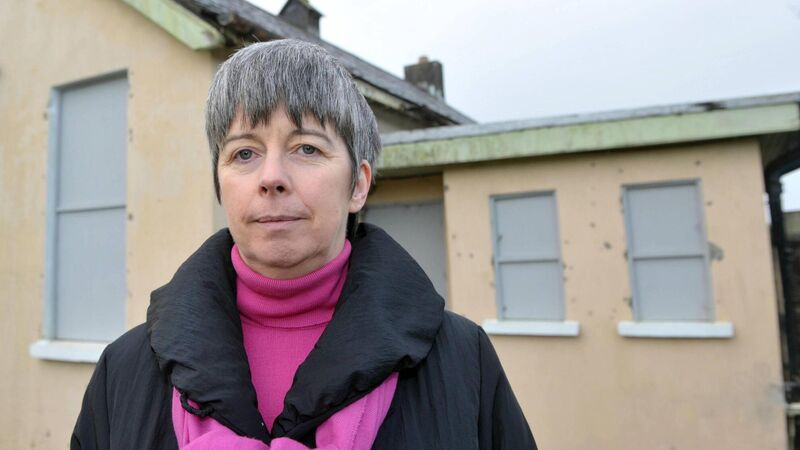Letters to the Editor: Commission to investigate school abuse must act now

Louise O’Keeffe took a case against the State for failing to protect her from being abused by her principal in school. Picture: Dan Linehan
Try from €1.50 / week
SUBSCRIBEAs a survivor, I wish to express my gratitude to the scoping inquiry team. The report is a solid document.
That the team requested, and the minister for education granted, the extra time to drill into the data and information they had collected, so that they could subject it to critical analysis, was a sound decision.
Already a subscriber? Sign in
You have reached your article limit.
Annual €130 €80
Best value
Monthly €12€6 / month
Introductory offers for new customers. Annual billed once for first year. Renews at €130. Monthly initial discount (first 3 months) billed monthly, then €12 a month. Ts&Cs apply.
Newsletter
Sign up to the best reads of the week from irishexaminer.com selected just for you.

Select your favourite newsletters and get the best of Irish Examiner delivered to your inbox
Sunday, February 8, 2026 - 7:00 PM
Sunday, February 8, 2026 - 6:00 PM
Sunday, February 8, 2026 - 7:00 PM
© Examiner Echo Group Limited